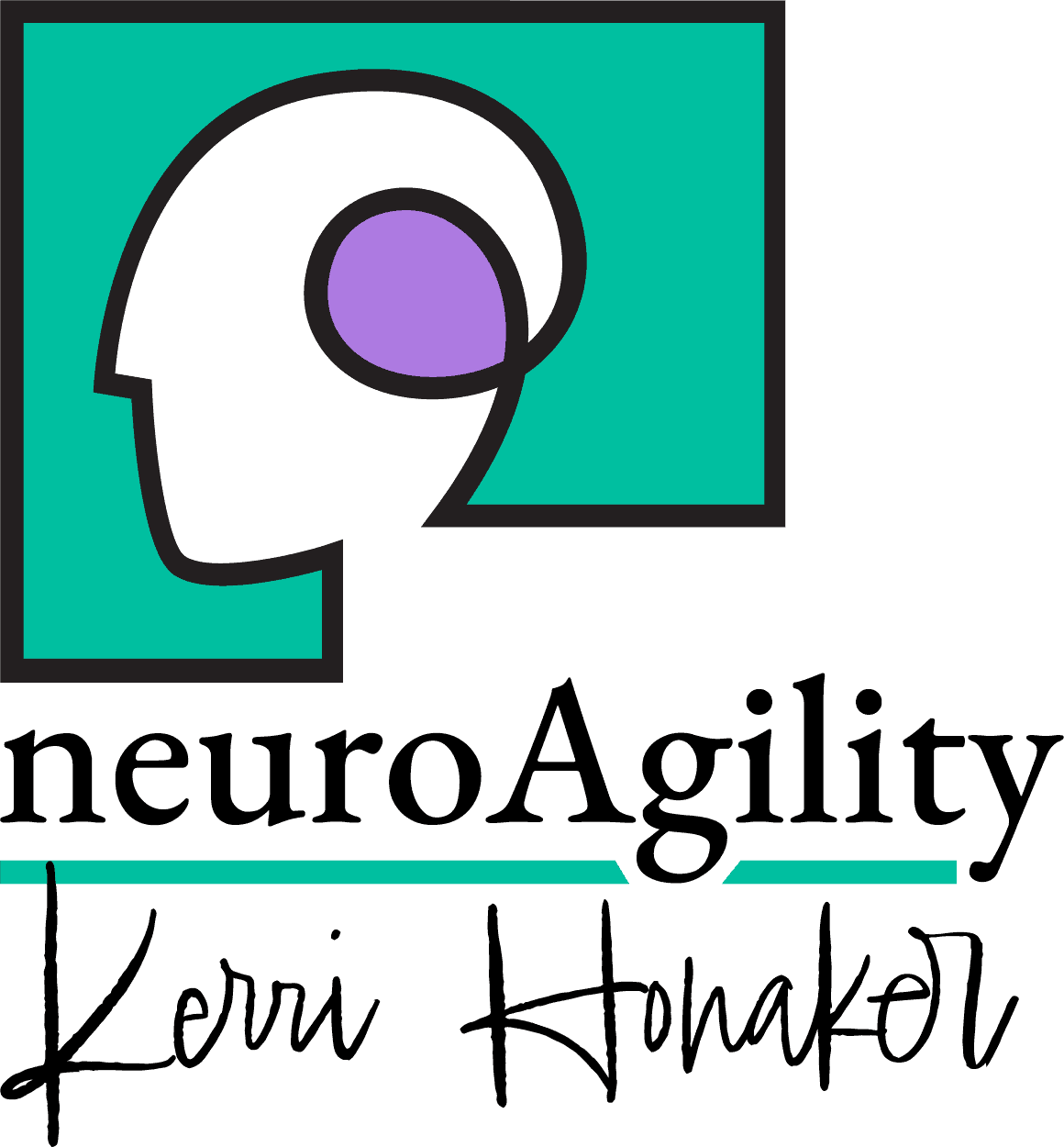Neurofeedback News
-
How to Get a Better Night’s Sleep
·
· SleepMost people know they need to eat right and exercise to be healthy. But what about sleep? We spend about one-third of our lives asleep, and sleep is essential to better health. But many of us are struggling with sleep. Four out of five people say that they suffer from sleep problems at least once…
-
THE EDUCATIONAL TYRANNY OF THE NEUROTYPICALS
“Neurotypical” is a term used by the autism community to describe what society refers to as “normal.” According to the Centers for Disease Control, one in 59 children, and one in 34 boys, are on the autism spectrum—in other words, neuroatypical. That’s 3 percent of the male population. If you add ADHD—attention deficit hyperactivity disorder—and…
-
Teens Sleeping Too Much, Or Not Enough? Parents Can Help
The average American teenager gets seven hours of sleep a night, wedging it in between homework, outside activities, dinner and maybe a job. But research suggests teens need more like nine hours…Unfortunately, even their bodies work against them, says Mary Carskadon, a longtime sleep researcher and professor of psychiatry and human behavior at Brown University.…
-
Yes, teens are texting and using social media instead of reading books, researchers say
·
· TeensA new study has alarming findings, but is probably not surprising to anyone who knows a teenager: High-schoolers today are texting, scrolling and using social media instead of reading books and magazines…In their free time, American adolescents are cradling their devices hours each day rather than losing themselves in print or long-form media, according to…
-
I Learned I Have Sleep Apnea. It’s More Serious Than Many People Realize.
·
· SleepSleep apnea can be downright deadly, and not just for those who have it. It’s associated with a greater risk of depression, heart attacks, strokes and other cardiovascular conditions, as well as insulin resistance. As I learned, there’s no reason to meekly accept sleep apnea: There are many treatment options that can control it. Read…
-
‘Cutting Edge’ Program For Children With Autism And ADHD Rests On Razor-Thin Evidence
Brain Balance says its nonmedical and drug-free program helps children who struggle with ADHD, autism spectrum disorders and learning and processing disorders. The company says it addresses a child’s challenges with a combination of physical exercises, nutritional guidance and academic training. An NPR investigation of Brain Balance reveals a company whose promises have resonated with…
-
A Map That Shows You Everything Wrong With Your Brain
Kerson placed the cap on my head and clipped two sensors on to my earlobes, areas of no electrical activity, to act as baselines. As she began Electrogelling the 19 spots on my head that aligned with the cap’s electrodes, I was nervous in two different directions: one, that my brain would be revealed as…
-
Association of Food Allergy and Other Allergic Conditions With Autism Spectrum Disorder in Children
·
Question What are the associations of food allergy and other allergic conditions with autism spectrum disorder (ASD) in children? Findings This cross-sectional study used nationally representative data from 199 520 children aged 3 to 17 years who participated in the US National Health Interview Survey from 1997 to 2016. Children with food, respiratory, and skin allergies…
-
Music Lessons Improve Children’s Cognitive Skills, Academic Performance
Structured music lessons significantly enhance children’s cognitive abilities, including language-based reasoning, short-term memory, planning and inhibition, which lead to improved academic performance. Published in Frontiers in Neuroscience, the research is the first large-scale, longitudinal study to be adapted into the regular school curriculum. Visual arts lessons were also found to significantly improve children’s visual and…
-
Helping Kids With A.D.H.D., and Their Families, Thrive
When a child has attention deficit hyperactivity disorder, it affects everybody in the family, said Dr. Mark Bertin, a developmental pediatrician in Pleasantville, N.Y. Parents need to understand the nature of A.D.H.D., he said, and appreciate that it affects “a host of self-management skills,” which play out in school but also in daily home routines.…
